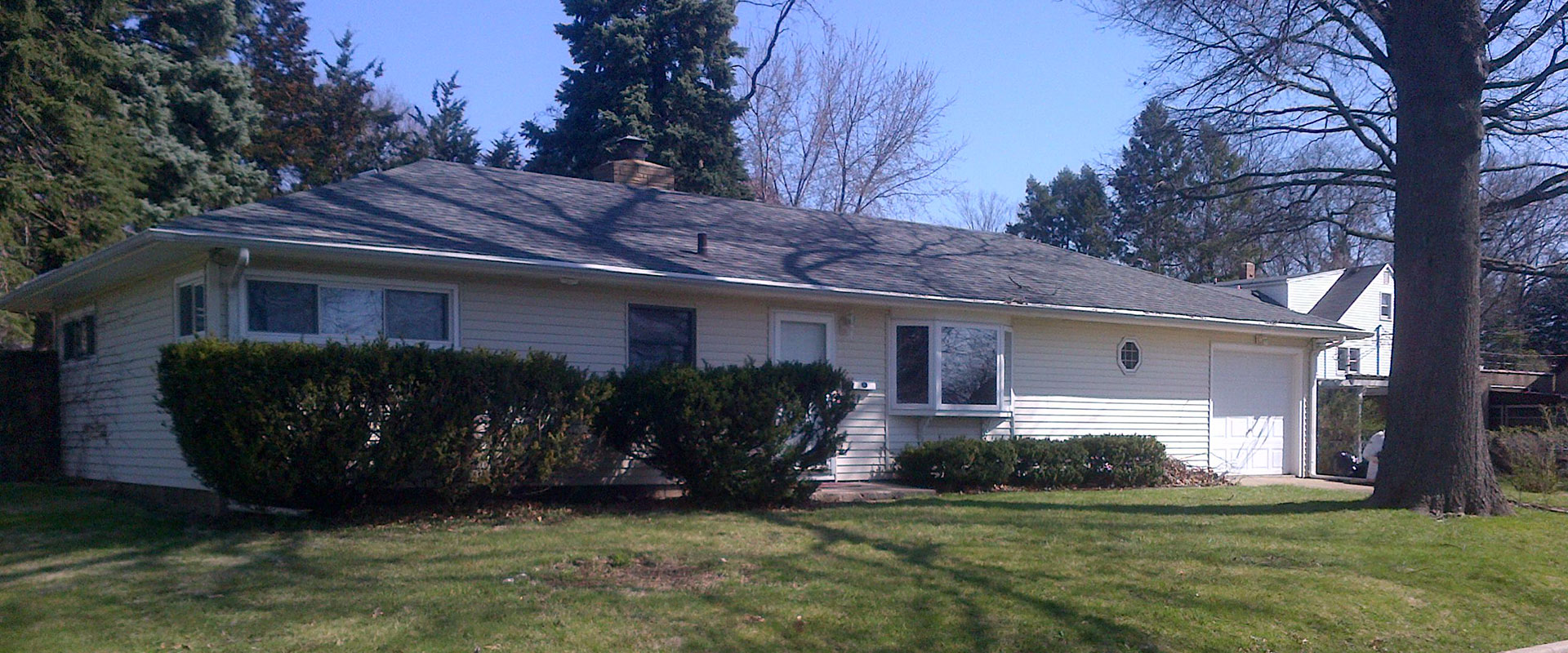 If you are faced with being in a foreclosure sale, you need to understand the best way to protect you and your family moving forward.
If you are faced with being in a foreclosure sale, you need to understand the best way to protect you and your family moving forward.
While encountering a foreclosure is unquestionably undesirable, it doesn’t signify the culmination of your financial journey. Here’s what sellers need to know about foreclosure effects in Chicago to adeptly plan for their future endeavors in the realm of real estate.
What Sellers Need To Know About Foreclosure Effects In Chicago
Ability to Collect Sale Proceeds
When a bank takes possession of a property due to foreclosure, many homeowners find themselves distanced from the whole process. This happens because the property’s owner hasn’t been able to keep up with their mortgage payments. What often eludes homeowners is the fact that there’s still a chance to extract some funds from their home.
Unlike real estate investors who buy and sell properties for profit, banks have a different aim. They are more interested in recovering the amount they’ve invested in the mortgage. If a foreclosed property ends up selling for more than what’s owed in outstanding liens, the surplus is returned to the previous owner in most states.
It’s crucial to remember that maintaining the property is of utmost importance. Frequently, foreclosed properties are bought in extremely poor condition, as former owners might vent their frustration and anger on the property that’s being taken away from them. Keeping the property in good shape can lead to better sales outcomes, resulting in more money being returned to the previous owner, albeit as a small consolation.
Credit Effects Over Time
Foreclosure can have a significant impact on your credit score, causing a substantial drop. This occurs due to both missed mortgage payments and the property being taken over. In fact, credit scores can plummet by two hundred or more FICO points.
This negative effect lingers on your credit report for seven years, akin to the duration of a bankruptcy’s impact. However, the process of rebuilding your credit can kick off right away, particularly if you establish a solid track record of timely payments on credit cards and auto loans.
If you’ve experienced a foreclosure, most mortgage lenders will typically wait at least three years from the date of the foreclosure settlement (when the property was sold) before considering you for a new loan. However, in some cases, circumstances surrounding the foreclosure, such as job loss, serious family illness, or a death in the family, can lead to earlier consideration. These situations require thorough documentation, and it’s essential to address the underlying causes of the foreclosure before seeking approval for a new loan. In such cases, certain lenders might entertain the possibility of another mortgage within two years of the settlement date, provided the challenges have been properly addressed.
Potential to Getting Home Back
Some homeowners find a way to reclaim their homes even after they’ve been sold due to foreclosure. This process, known as redemption, is an option for homes that were taken through a judicial foreclosure. Understanding what you need to know about foreclosure effects can help in this situation.
Once a home qualifies for redemption, the previous owner has a window of one year to initiate the redemption process. This involves compensating the new owner for the entire remaining mortgage balance and reimbursing them for any repairs and maintenance expenses they’ve incurred.
Experiencing a foreclosure can be challenging, but it doesn’t signify the end of homeownership possibilities. With diligent credit repair strategies, purchasing another home can become a reality much sooner than many people who have faced foreclosure might anticipate.

